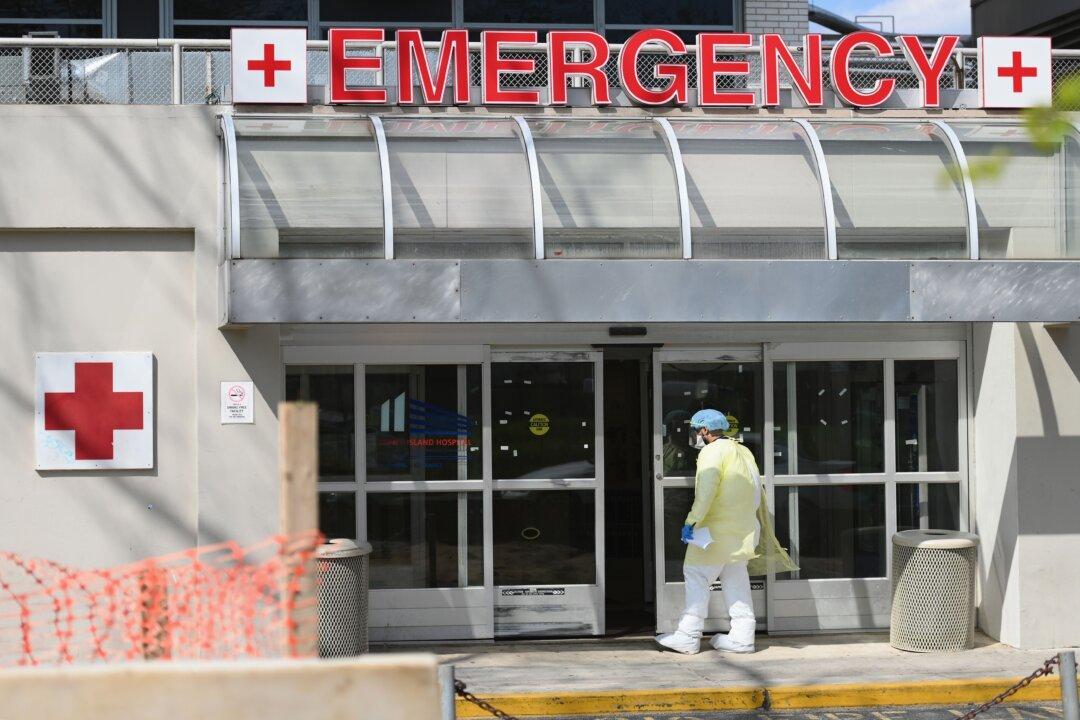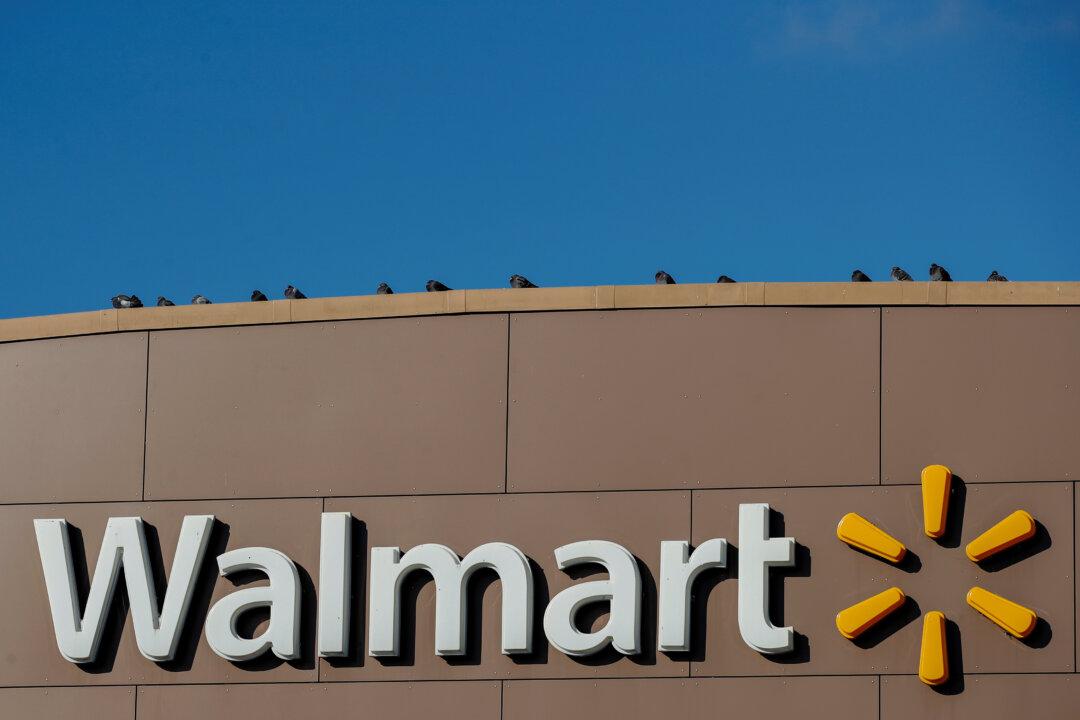For the first time since 2021, health expenses have topped inflation as the main concern among middle-income American households, according to a recent national survey from financial service provider Primerica.
As a whole, 20 percent of survey respondents are “slightly more optimistic” about their finances, compared to just 15 percent of respondents in the previous quarter, according to the Middle-Income Financial Security Monitor (pdf) published on April 12. Meanwhile, the majority, at 53 percent, remain pessimistic about the economy, saying it will be worse a year from now.




